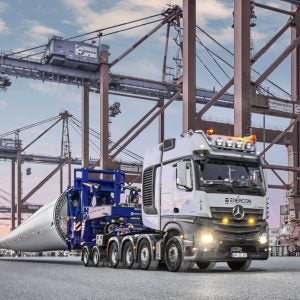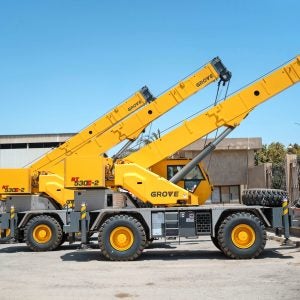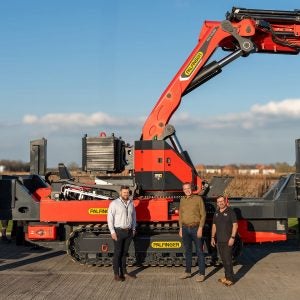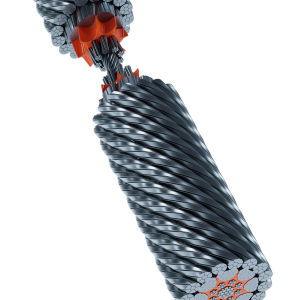Across many of the world's biggest economies, growth has remained sluggish and limited to specific sectors and geographies. That patchiness is a risk in itself. For example, writing in London, I see a forest of cranes at work right now, on some truly impressive skyscrapers and luxury apartment projects.
However, over the next two years, if Brexit negotiations grind on in the unproductive way they have so far, it looks likely that the bankers that drive development in the City will move to Frankfurt or Paris. With the UK scrabbling around for trade deals, the overseas investors who have been buying luxury properties will likely follow them out of the country.
For those of us who like a steady and predictable political scene, Brexit is just one of a series of unpleasant shocks around the world. From France to the Philippines, there has been a surge in political populism around the world. Politicians like Le Pen and Duterte might reflect the aspirations (or fears) of a plurality of voters, but they don't look to me like the sort of steady hands that will nurture sustainable growth.
In many countries, the rise of these demagogues has been powered by reaction to a class of professional politicians who, while perhaps steady managers of the broad economy, have been seen by many as venal and corrupt servants of a rapacious elite.
That has certainly been the case in the USA, where political insider Hilary Clinton first beat left wing populist Bernie Sanders in a tougher than expected primary, and then lost the electoral college to right wing firebrand Donald Trump.
While much of Trump's modern business looks to be based on lending his tabloid and TV fame and reputation for luxury to other people's projects, he claims a family and personal background in property development. He's promised his supporters a yooge, magnificent, tremendous, wall all along the border with Mexico. With hands that are only tiny and frequently otherwise occupied, he won't be building that wall himself.
If he keeps his word and really builds a wall, rather than a few extra fences, he'll be following a proven strategy of economic stimulus through massive, centrally-mandated, construction that goes all the way back to the 1930s.
More seriously, while a slight majority of US voters might have wished otherwise, the country will likely soon have an executive, legislature, and judiciary that all lean in the same direction. That might mean (perhaps counterintuitively, given the Republican dislike of federal taxes) that decisions can be made on vital funding questions like road and bridge building that have been held back by decades of partisan bickering.
While Trump builds on his presentation of himself as a New York developer by playing at being a world statesman, real, productive, New York developers continue to face real challenges from local politicans. As we've reported here before, the approach regulators take in big global cities like New York are often a warning of what is to come for the industry around the world.
Earlier this year, a crawler crane collapsed in the city, while being lowered in anticipation of high winds. The city's response was to announce a new set of regulations, imposing more severe windspeed limits, as well as a range of other changes. However, I understand, the cause of the accident has not been shown to have been the windspeed. Indeed, by increasing the number of times cranes need to be lowered, accidents like this may become more common.
While New York has some of the world's most comprehensive and strictly enforced crane regulations, as you would expect from such a compact and busy city, it also has a well-organised construction sector. Recently, a group of local construciton and development associations took the city to court, attempting to block the new regulations.
Around the world in 2017, the crane industry will continue to face a struggling economy. An increasingly fractious political enviroment makes it less likely the economy will be fixed.
And, regulators are sure to keep interfering in industries they don't always fully understand. It's a good job this is such a resilient and resourceful industry.
Will North editor
wnorth@cranestodaymagazine.com






